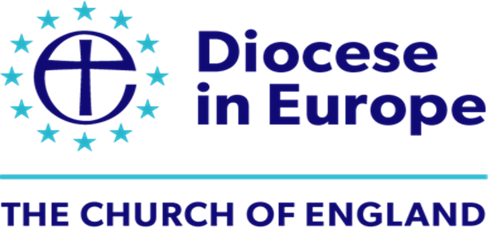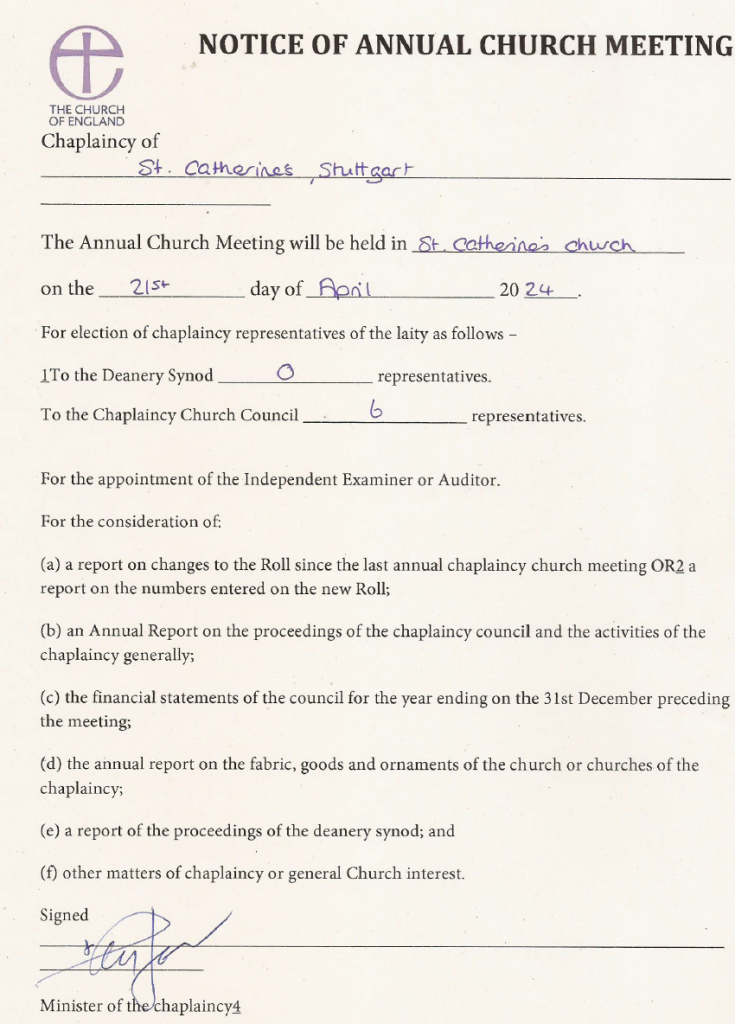= Feasts and Fasts =
The dieticians will define Fasting as abstaining from eating voluntarily while starving (or being famished from the word famine) is when going without food is forced upon you by person(s) or circumstances over which you have no control. Helpful ?
Fasting in the faiths we call ‘People of the Book’ – Judaism Christianity Islam (JCI) – is most often tied in tandem with feasting, though there are exceptions I will come to.
In the various JCI calendars, one thing that is shared is a rhythm to life. Feasting (or celebrating) and Fasting both have their proper place and function. It is in their togetherness in this pattern that they are most effective. It is also in this pattern that they reflect closest the human experience – sometimes life is hard other times it is easier. This pattern also (we see this in the biblical prophets) acts as a little equaliser. For example Holy Days (which were the origin of holidays) were for everyone, not just the leisured and wealthy classes. So a Holy Day is a sort of ‘feasting of time’ that balances the working life. The Sabbath principle present in all JCI patterns fits in with this.
Biblically we first hear mention of Fasting in the historical books of Judges and 1Kings /1Chronicles. Which indicates that it was a practice inherited perhaps from surrounding or previous cultures. It is the Prophets who make much more of fasting especially when it is misused – power games / moral superiority / wrong motivations…. And then Jesus models fasting immediately following his baptism which gives us this season of Lent and Jesus particularly in his Sermon on the Mount recorded in Matthew’s gospel picks up on this in relation to his teaching on prayer and the spiritual disciplines.
There are in both testaments also ‘calls to fasting’.
The most famous is that of Queen Esther who calls the whole Jewish community of her day to prayer and fasting because they are under threat of extermination.
The idea of fasting as a community is also there in the book of Acts.
The linking of Prayer and Fasting also has its origin here and is rarely separated. In this past Covid year many churches have called on their members to pray and fast. And that is a good place to stop the background ‘fact check’ and move into our world.
Medically (to dismiss this briefly) fasting or intermittent/ interval fasting (16/8 or OMAD) are all the thing for weight loss and also reversal of some medical conditions and detox and reset of metabolic rate….. go do your own research.
Culturally fasting has also gained some traction through eco initiatives such as Veg-anuary and Vegan-uary (we give up meat and meat products for the sake of the planet) and many Flexitarians are motivated in the same way ‘fasting’ regularly from meat/products for eco reasons.
I would like though for Lent to stick to a Christian approach to making Fasting a spiritual discipline. Many ‘give up’ something for Lent like wine or coffee or sweet things (I gave up social media for Lent several years which gave me extra time to pray)….. in recent years there has been a reversal and encouraging people to be more positive and ‘take up’ something. Out of this have emerged some excellent projects including raising money for wells or toilets in places that need them and the Count your Blessings pioneered by Christian Aid. (For those interested in Islam the most famous period of fasting – Ramadan – is tied to charitable giving and social action in lots of forms)
The ‘taking up’ something misses out on a significant aspect of fasting though and that is the spiritual discipline (sometimes called a rule of life), the link to prayer , the self-discipline. (For those interested, in all of JCI – Hospitality both giving and receiving trumps Fasting)
In the monastic movement fasting happened:
- during Lent (never on Sundays because Sundays are a mini-Easter) so no meat and no rich foods
- during the other fasting season Advent (when the rest of us eat more not less)
- on Apostles days there would be fasting (there are 12* of those – and I keep these because it’s rather quirky)
- and during the rest of the year on Fridays (which I also keep)
what is most interesting to notice here is the pattern – weekly / seasonal / occasional – built into life becomes simply habit and as such is achievable
most people’s burst of fasting during Lent falls because it is not a habit where examples such as the ‘Daniel Fast’ because it is long term has better chance of success and creates space for prayer.
If I were ever to give advice I would say build Fasting into your life as an individual or as a family make it work by being realistic and by making it into a habit.
What you ‘fast from’ and how you quantify that can of course change and will depend on a lot of factors.
Fasting is a discipline so not enjoyable but still – may it be a blessing not a burden.
*for the particular among you – there are 12 apostles but only 11 days because two of them share a day !
A session is planned in the coming days to discuss further, among those who have a particular interest in this topic, register interest – chaplain@stcatherines-stuttgart.de









